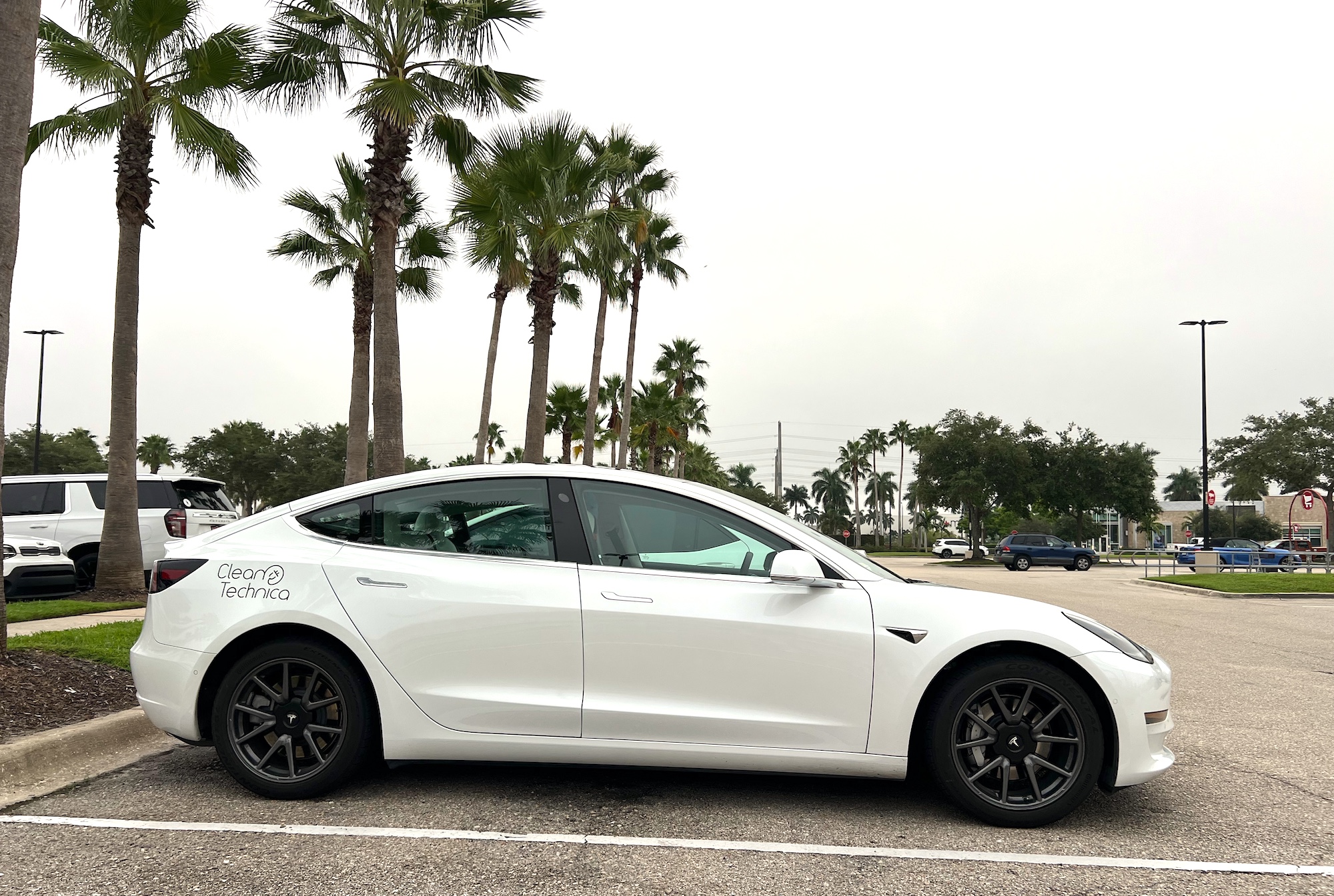The Woodside Energy and Chevron operations supply about 10% of global LNG output and worries of a walkout have lifted prices of European gas benchmark TTF forward curve 5%-7% higher over the September-to-April period than just before the news of a potential strike.
The three Australian plants facing possible strikes risk losing 4 to 5 billion cubic meters of production per month if they go offline, according to Columbia’s Center on Global Energy Policy.
But risks of production stoppages have been mostly priced in, analysts say, and high LNG storage levels in Asia and Europe rule out the likelihood of major price increases if short-term strikes materialize, they say.
“If production was stopped for one month in the three plants, prices would remain relatively the same” in Asia, with only “a slight increase between September and November”, said Bradley Churchman, an analyst with RBAC forecast firm.
With no risks of strikes, the Asian LNG benchmark would hover between $11.70 and $15.00 per million British thermal units (mmBtu) this year and peak at $23.60 in January, a seasonally high month due to winter heating demand, Churchman said.
The average LNG price for October delivery into north-east Asia rose to the highest level since mid-March to $14.00 mmBtu on Friday from $11.50 the previous week.
Recent LNG price gains in Europe are “likely overdone”, with spreads between Europe and Asia potentially increasing if all three facilities went offline for more than a month, said Min Na, an analyst with consultancy Energy Aspects.
Gas storage levels are over 90% across Europe and also are high in Asia, as both continents prepared for winter demand and to avoid a repeat of last year’s shortages.
Unions at Woodside Energy Group’s North West Shelf offshore gas platforms announced plans on Aug. 20 to strike as early as Sept. 2 over pay and working conditions. A final strike vote at Chevron’s Wheatstone and Gorgon LNG plants is set for Thursday.
“We reckon companies will try to avoid major disruptions given the scale of their supply portfolio at risk,” Min Na said.
Share This:




